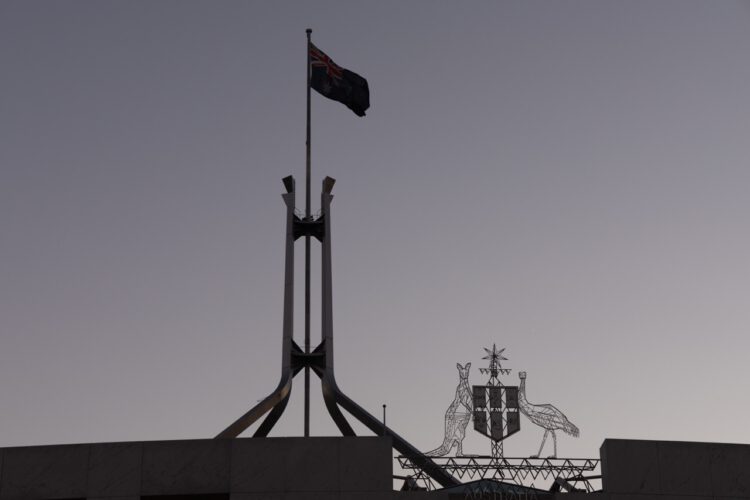Good Dolly the chamber is rowdy today. And not in the good way. The Coalition are trying to make an issue over bulk billing rates, which are not great, but the government has actually put some money into improving bulk billing, whereas the Coalition don’t exactly have a stellar record on this.
LNP MP Terry Young asks Mark Butler:
GP bulk billing rates in my electorate of Longman were at 93% in 2019 before COVID. Under the Albanese Labor Government, they’ve fallen to as low as 79%. Australian families are already facing a cost-of-living crisis, a housing crisis and an energy bill crisis. Why are my constituents now having to endure a bulk billing crisis under this minister?
Butler:
“Why is there a bulk billing crisis in Australia? Hmm. Hmm. (INTERJECTIONS) Who said there are too many free Medicare services in this country? Who tried to abolish bulk billing altogether? (INTERJECTIONS) And who, when he couldn’t get that GP tax through, froze the Medicare rebate? For six long years…
Liberal MP Kevin Hogan stands up:
“The point of order is on hubris…”
Milton Dick boots him out for disrespecting the chamber and anyone watching question time.
Butler continues:
As I said yesterday, I think in response to the member for Longman, when we came to government, the college of doctors said that bulk billing was in free fall and the general practice was at a tipping point and it was very clear why that was – because the Medicare rebate had been frozen for six years and as I said, I think in response to the former member, six years of freezing a GP’s income while their costs continue to increase is going to have a pretty obvious result. Bulk billing was under enormous pressure. We’ve done a range of things about that. But I did want to talk about something the Leader of the Opposition said yesterday – and he’s been interjecting across the table again, as is his wont, to the member for Sydney, he’s tried to draw some sort of equivalence between a measure in the 2013 Budget to realign Medicare indexation with the financial year – a measure which in the Budget papers that he referred to selectively yesterday…
Young goes to stand up on a point of order and Dick, who is absolutely Dugald Dick today, warns him it better not be on relevance, because Butler is being relevant and it was a very broad question.
Young says it is on relevance.
Young says why and Dick is having none of it and boots him out as well.
Michael Sukkar has issues with Dick removing Young for ‘exercising his right’ to raise a point of order, but Dick came with RECEIPTS today.
(It’s like Kendrick v Drake, but with standing orders.)
Dicks:
I was anticipating this, so I have followed previous Speaker Smith’s example who did exactly the same thing on 29 July 2019, when he refused a point of order for exactly the same manner. On 19 August 2019 when the then Minister for Population, Cities and Urban Infrastructure was being questioned and, indeed, the Manager of Opposition Business at the time was treated the same way. So the consistency is there. So if people want to take points of order, they were given that. Now, yourself and the Leader of the Opposition, the Deputy leader, the Leader of The Nationals get certain allowances for the seniority you have. But to simply disrupt Question Time when I made it clear to the House that the minister was being directly relevant because he was asked such a broad question, is entirely what has happened before and will continue in that manner. The Minister for Health in continuation and I’m going to ask him to be directly relevant.
Wop wop wop
